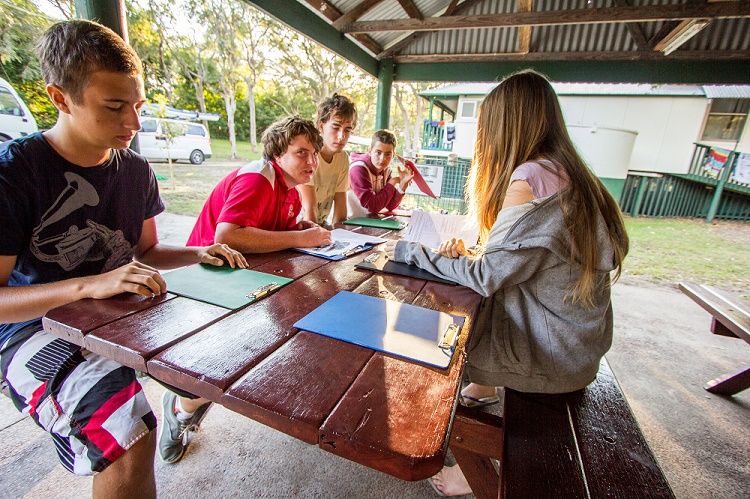Students Leave Your Comfort Zone in Australia – Travel!
There are a diverse range of travel opportunities and exchange programs available for Australian high school students, with more young people choosing to go abroad and study each year. What are the reasons behind this exodus? Of course, exposure to the unknown and the experience of leaving home for an extended period can be exhilarating and liberating for many exchange participants. I believe the exchange experience has more to offer apart from the surface rewards of making friends, seeing sights, and having fun.
As someone who participated in a six-month exchange program at Macquarie University, as well as a short school trip overseas, I can say that these opportunities have had a fundamental and beneficial impact on my life. I went to Italy on both of these occasions, studying in Perugia for three weeks in Year 11, and in Milan during my third year at university.
For language learners, and those interested in foreign cultures, the classroom can be a great launch-pad when it comes to cultural and linguistic discovery but like textbooks and other educational material have limits. Simply put, there is nothing like full immersion in another language and culture for a prolonged period. You improve your language skills by applying the theory which you have been taught, by building on what you know, by making mistakes, and by successfully communicating with others in real life situations. In these cases, marks are irrelevant and coping in an alien environment is an achievement. A struggling student will become more confident in themselves and their abilities outside the classroom, where their talents are not reduced to getting the correct answers in a test.
Australian school students on exchange get the chance to see the world from a different perspective, and to seek the truth behind stereotypes and assumptions. For instance, I was surprised to find out from conversations with Italians that the mafia was not an organisation whose heyday was long past, but rather one that is all too real and powerful in modern times. Its methods and practices are certainly questionable and downright sinister, but it has evolved from a benign organisation, originally designed to protect the rights of workers. Used to the Australian style of studying and learning in which written work is paramount, I was unprepared for a system which expected students to demonstrate their knowledge by answering questions, putting together arguments, and memorising facts for oral examinations. I had to learn a new way of studying and processing information, a challenge in itself, quite apart from the actual subject matter in question.
Without my familiar social networks and supports, on my overseas exchange, I had the chance to make friends with strangers and broaden my social network. Moreover, as a disabled student, this break in routine was welcome, as it gave me the chance to break away from the normal routine of having the same carers attend to my personal needs at the same time each day, which can get monotonous. The exchange experience set me on an academic course, helped develop my interest in foreign languages and intercultural issues, to the point that I completed a Ph.D. in translation. It was the starting point of this major project and achievement in my life. Finally, prospective employers are impressed by young people who have proven their flexibility, resilience, and problem-solving skills in a foreign environment, and who have an understanding of global issues. All roads may not lead to Rome, but it is true that the exchange experience can unlock new paths for students today.



